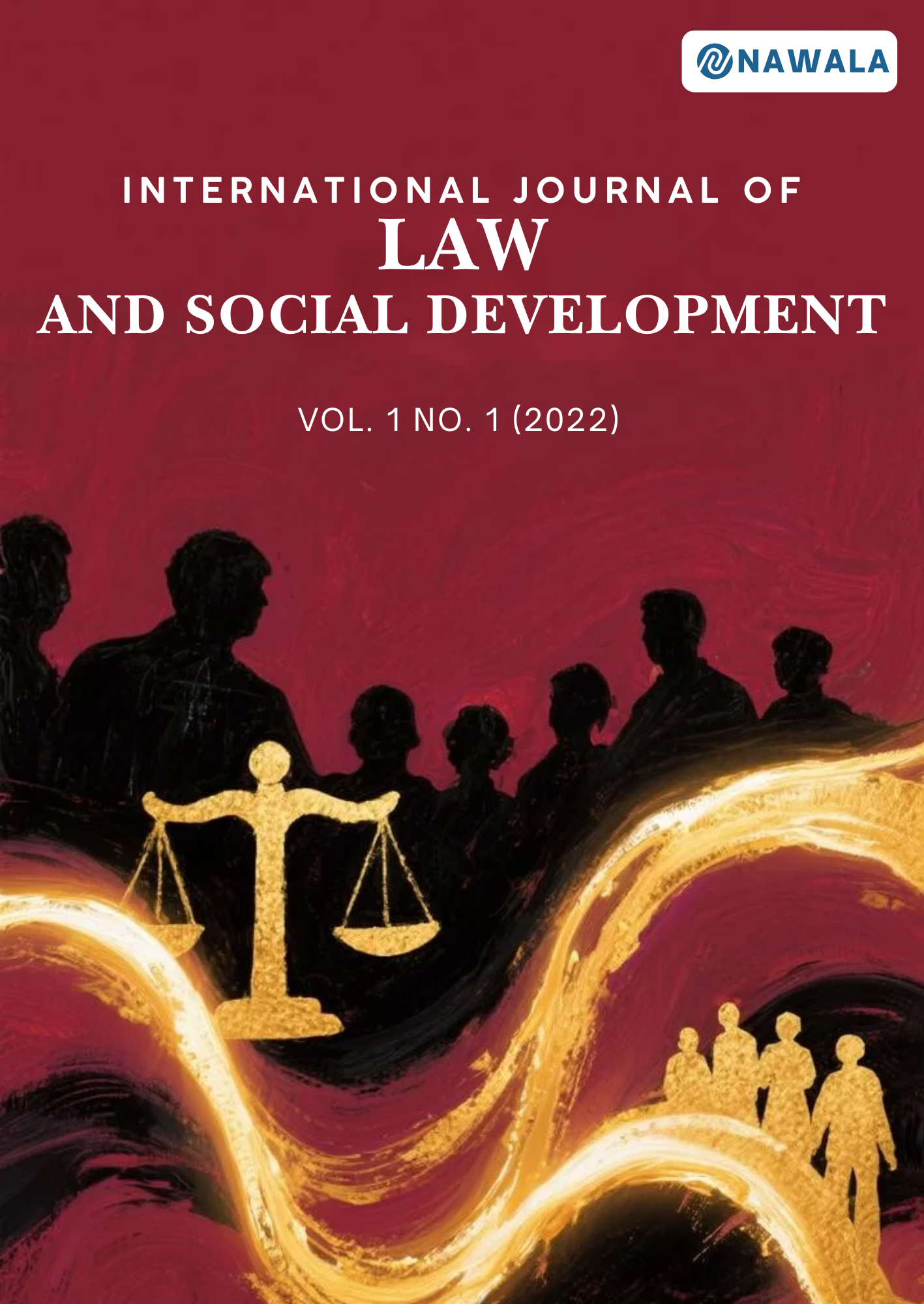Reconstructing Legal Theory in the Digital Era: Ethical, Jurisprudential, and Regulatory Perspectives
Keywords:
Accountability, Digital Ethics, Legal Education, Regulation, TechnologyAbstract
The rapid advancement of digital technologies has significantly reshaped social, economic, and legal relations, generating both opportunities and multifaceted ethical and regulatory challenges. Unclear standards in digital ethics, substantial legal gaps, and the growing urgency for jurisprudence reveal the limitations of traditional legal frameworks in addressing contemporary dilemmas such as algorithmic discrimination, privacy risks, data security, and accountability in automated decision-making. This research applies a systematic library-based method to examine the integration of ethical principles, jurisprudential perspectives, and adaptive regulatory strategies within the context of digital transformation. It further stresses the necessity of restructuring legal education to embed advanced digital literacy, technological proficiency, and ethical sensitivity, supported by cooperative initiatives involving governmental institutions, private sector stakeholders, and civil society. The findings show that principle oriented adaptive regulation, combined with jurisprudential insights and multidisciplinary education, can establish a sustainable, fair, and effective digital legal system. The integration of ethical, legal, and technological perspectives is essential for ensuring responsible and just use of digital innovation.





